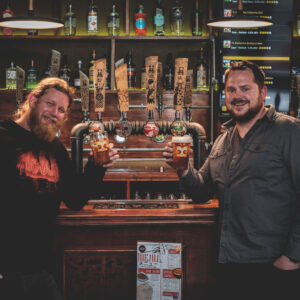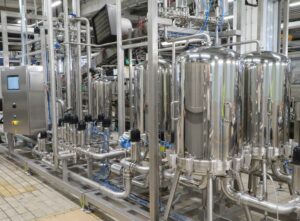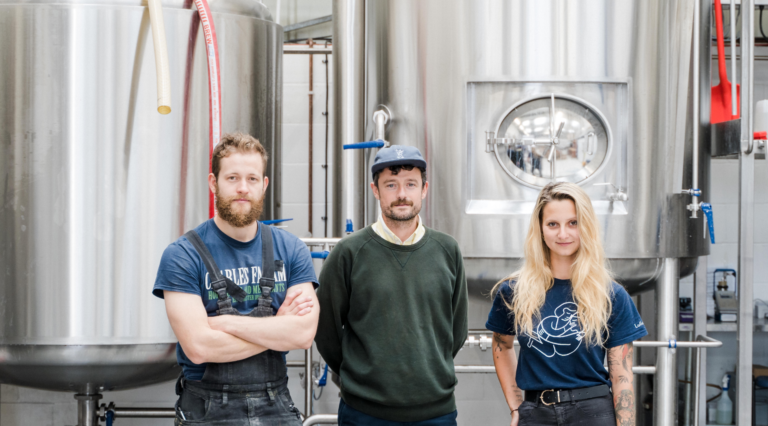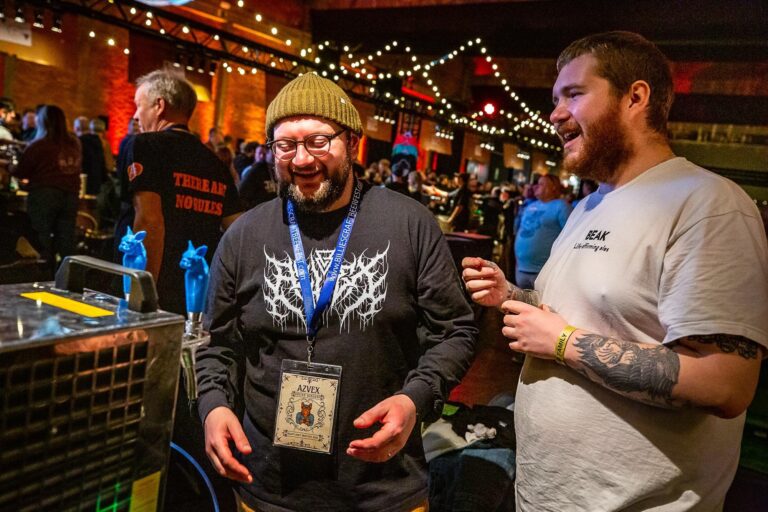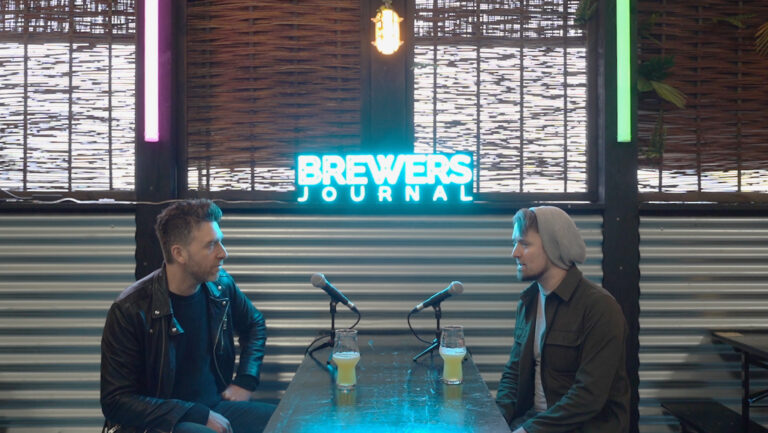The thought of owning my own brewery crept in to my head half a decade ago. And there it stayed, leaving an indelible mark. It soon began to develop, often over a beer, and often in a dreamy, idyllic mindset of hops, brand design and happy punters supping our wares.
At this point, the single most important decision I made was to secure a position within an established commercial brewery. Still, my mind ran wild with romantic images of brewing, but I quickly identified my own ‘style’ of how I’d like a brewery to operate. I would also spend time investigating every nuance of the industry, thinking about the more prosaic do’s and don’ts of day-to-day brewery life. Often avenues would prove to be fruitless or ‘not for me’, but many were enlightening. A bigger picture began to emerge. I could do this.
If you’re considering setting up your own brewery, I’d highly recommend this approach as the ‘first must’. It gave me time to think, gain experience, make mistakes – at someone else’s expense – and determine whether I could actually hack it. My advice to others keen on setting up their own brewery? Make sure you stick your nose into every aspect of brewery life.
Yes, the latest hop releases and fermentation profiles, but everything else too. I’m talking hygienic floor and wall coverings; van specs; vessels inside and out; water supply; and quality assurance measures, to name but a few. Plus, delve into all the costs, pricing and legalities you can encounter – and that’s before you even try to sell your product.
If you’re still keen, as I was, and now think that “I can do this better and more profitable”, well, it begins to get very real. At this point, it was time to do my fair share of soul searching. Many long discussions with the other half followed, generally centring around money, family life and the sacrifices ahead of us. At the end of it though, I was still invested in the idea. It was time to put together a comprehensive business plan.
This process helped focus my mind, shifting it from ‘just brewing’ to focusing on the business as a whole. And, although ultimately it would prove useful in securing finance, it also helped in those quiet moments to reassure myself that I was doing it right. The numbers do stack up. There is a market for the product. And I do know what I’m doing. It’s at this point you must start to fully commit or equally (and unashamedly) step back from the brink.
It’s important to note the time and effort I devoted to reining in my expectations – not an easy task and not to be confused with limiting your aspirations – as it directly impacted on certain decisions I had to make. What was the market? What should we actually produce? What styles, ABVs, distribution and dispense methods should we go for? How much capital will we realistically secure? The concept now needed to work. Satisfying those early heady thoughts was no longer enough.
These questions will all affect what brewhouse, fermentation equipment and racking requirements you’ll need; the kind of premises, size and location you are after; how many staff you need; and the portion of money you should partition off to sales and marketing. That business plan now starts to look daunting if not reassuringly professional.
So, from that point onwards, it’s been nigh on two years of telephone calls, emails, meetings, reprints, refinements, and research, not to mention, brick walls, cockups, frustrations, rethinks and a bit more soul searching. A key aspect in this interim period of flux – from nothing to actual brewery owner – was the decision to run a small but highly significant crowdfunder project.
The subsequent success of the project allowed us to produce trial batches of our products at Brewlab in Sunderland, test our beers out at two well-attended tasting evenings and to say to people that “this is really happening”, the secret is out, time to stand up and be counted.
This solidified the whole thing and now with a launch date set – or launch month to be less precise – this two year process has proven its worth in limiting costly mistakes, reassessing essentials with ideals, improving the day-to-day functionality of the brewery and, ultimately, refining how we can produce the best quality product around.
With five months to go until duty returns are filed, everything has started to fall into place, pick up pace and generally become more real. There are staff contracts; premises lease terms; interest rates; licenses; permissions; and the potential impact of Brexit on raw material prices to contend with.
It’s certainly daunting, but having in place a solid business plan – with contingencies of course –has eased our worries. If you’ve done the maths and your research, then have faith in your core figures, your product and your core motivation. You can certainly be flexible if costs or timings shift, you just have to anticipate these things. It seems to be a fine balance between enjoying the experience, designing and brewing the beers and fulfilling the many obligations on a day-to-day basis just to make it work, to ultimately pay the bills.
With more trial brews to be conducted, staff training courses attended, brand artwork and marketing realised, customers engaged with and an entire brewery to kit out, the plan is to stick to the plan – this will bring our dream into the physical world. In summary, take your time, think and then rethink things through.
If you publish a business plan, financial projections or set yourself deadlines that are never looked at again and reassessed, then you are either a business guru or naively walking into a slow and painful hard slog. Retain your dream, but be willing to shift your expectations, spend a little more time on getting things right or readjust your route to achieving your ambitions. As a fan of goals and deadlines I find it difficult but necessary to remember I hope to be doing this for the rest of my life. A slight delay in getting it right is not a bad thing.
Daniel McColl is owner, head brewer and general dogsbody at the recently formed McColl’s Brewery (launching across the North East of England in Spring 2017) mccollsbrewery.co.uk. Daniel worked as a research assistant on numerous research projects at Teesside University before becoming head brewer at a 32 hL brewery in Cumbria.



